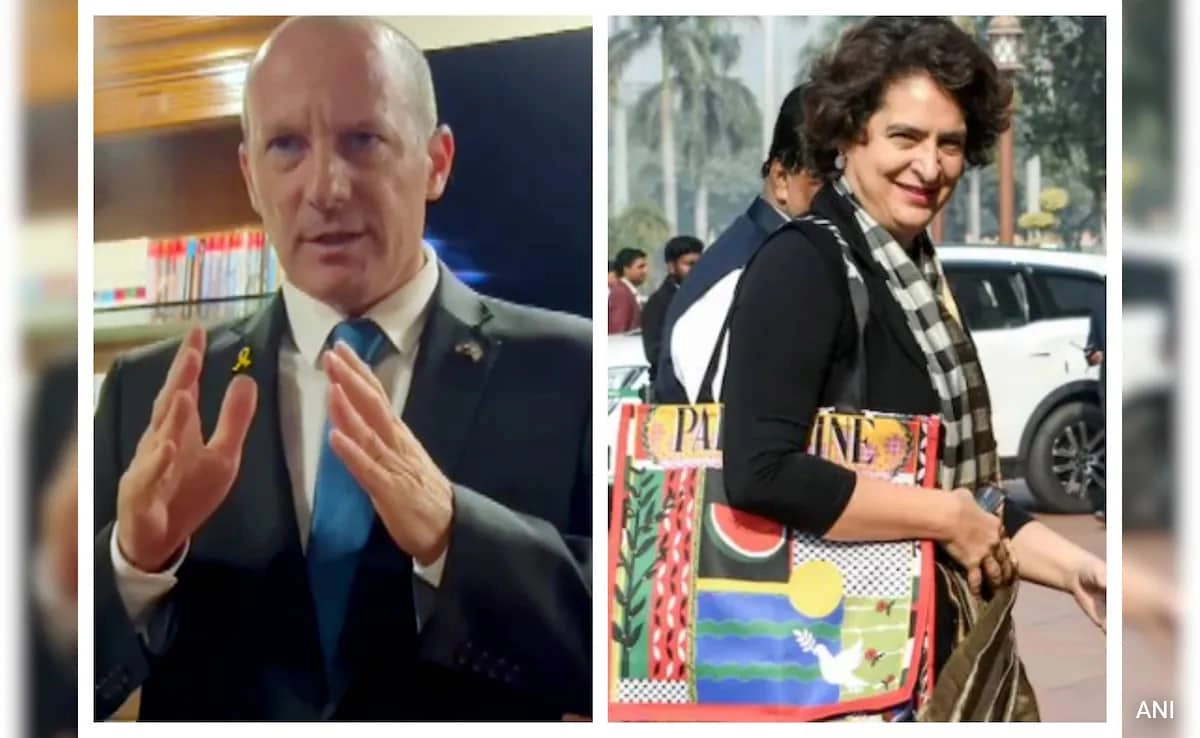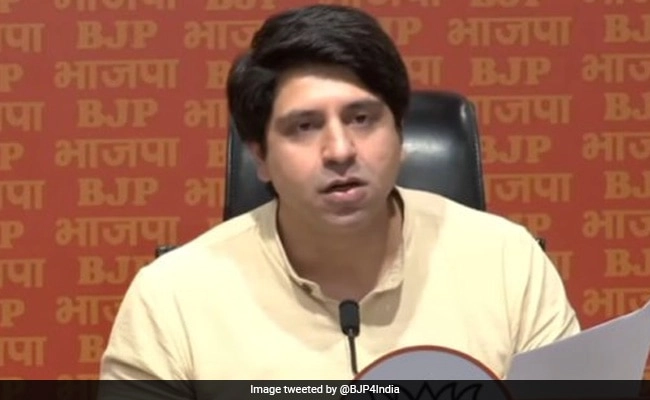The diplomatic relations between India and Israel have once again come under scrutiny following recent comments made by Priyanka Gandhi, a prominent figure in Indian politics. Gandhi’s assertion that Israel’s actions in Gaza amount to genocide has sparked a strong backlash from Israel’s envoy to India. The ambassador characterized Gandhi’s remarks as “shameful” and accused her of perpetuating deceit, highlighting the sensitive nature of the ongoing Israel-Palestine conflict and the complexities surrounding international perceptions of it.
The envoy’s response underscores the delicate balance that must be maintained in diplomatic discourse, especially when discussing contentious issues such as military actions and human rights violations. The term “genocide” carries significant weight and implications, and its use in this context has led to heightened tensions. Israel has consistently defended its military operations as necessary for national security, arguing that they are aimed at combating terrorism rather than targeting civilians. In contrast, critics, including Gandhi, argue that the scale of civilian casualties and destruction in Gaza reflects a disregard for human life and international law.
This incident highlights the broader challenges faced by politicians and diplomats when addressing global conflicts. The differing narratives presented by various parties often lead to misunderstandings and exacerbate existing tensions. The response from the Israeli ambassador serves as a reminder of the stakes involved in such discussions, as accusations of genocide can provoke strong reactions and diplomatic fallout. As public figures navigate these charged topics, the importance of careful language and a nuanced understanding of the issues at hand becomes increasingly evident.
Moreover, the discourse surrounding the Israel-Palestine conflict is heavily influenced by historical grievances, cultural narratives, and political agendas. Each side presents its perspective based on its experiences and losses, making it difficult to reach a consensus. The reactions to Gandhi’s claims illustrate how deeply entrenched these views are and the challenges of fostering constructive dialogue. As the situation in Gaza continues to evolve, it is crucial for leaders to engage in discussions that promote understanding rather than further entrench divisions.




